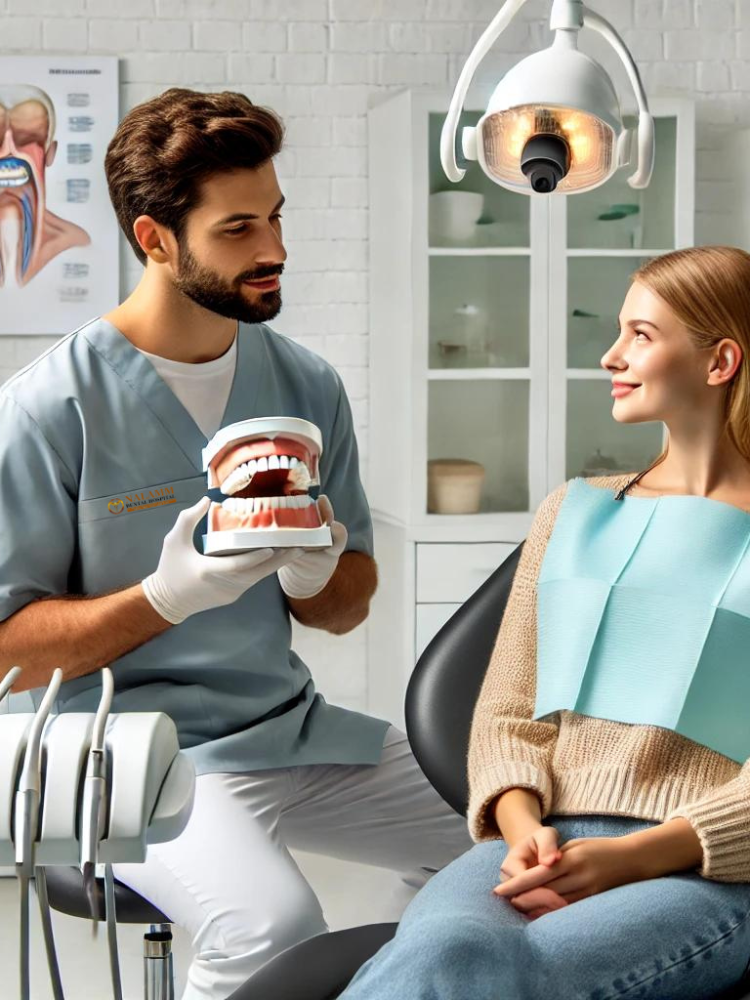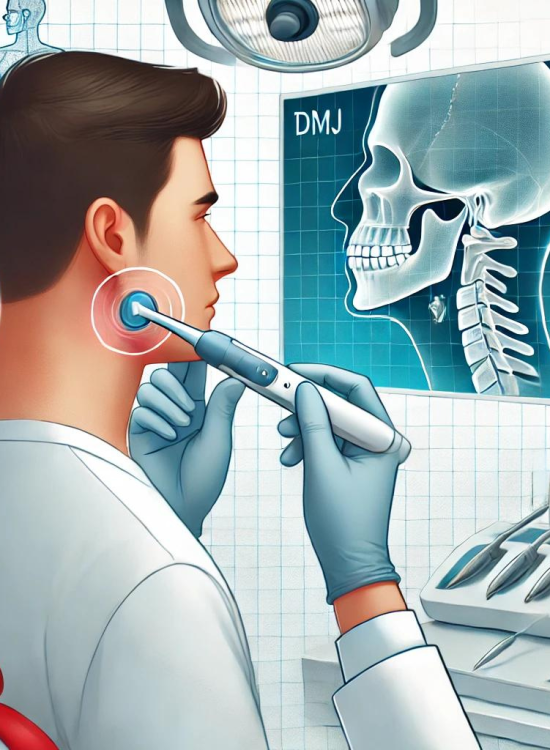
Introduction
Temporomandibular Joint (TMJ) issues can purpose persistent discomfort, making everyday sports like chewing and speak me a painful revel in. At Nalamm Dental Clinic, we offer powerful TMJ remedies designed to relieve pain and restore your jaw’s natural function. Learn more about TMJ disorders and the treatment alternatives to be had in Kumbakonam to enhance your exceptional of existence.
What is TMJ?
TMJ refers to the joint connecting your lower jaw (mandible) for your cranium, placed in the front of every ear. It lets in the jaw to transport smoothly while you communicate, chunk, and yawn. TMJ problems, additionally referred to as TMD (temporomandibular disorders), arise when there are troubles with the muscular tissues or joints on this region, main to ache, stiffness, and restrained jaw movement.
How to Identify TMJ Disorders?
Common symptoms of TMJ problems include:
- Jaw ache or tenderness
- Difficulty or pain whilst chewing
- Clicking or popping sounds inside the jaw
- Locking of the jaw joint
- Headaches or earaches
If you notice any of these signs, it’s critical to seek advice from a dental expert to diagnose and treat the situation promptly.
Why TMJ Treatment is Important
TMJ disorders now not most effective motive bodily discomfort however also can cause lengthy-time period harm if left untreated. The circumstance can effect your every day life, limiting your capability to eat, talk, and experience habitual sports. Proper treatment can relieve pain, enhance jaw feature, and prevent similarly headaches.
Why Choose Nalamm Dental Clinic for TMJ Treatment?
At Nalamm Dental Clinic in Kumbakonam, we specialize in diagnosing and treating TMJ disorders. Our skilled dental group uses modern-day strategies to evaluate the situation and provide customized treatment plans. Whether it’s thru physical therapy, occlusal splints, or other advanced remedies, we’re devoted to supporting you find comfort and regain complete function of your jaw.
Book Your Appointment
Don’t allow TMJ ache control your life. If you’re experiencing jaw soreness, go to Nalamm Dental Clinic for professional care and tailored treatment alternatives. Book your appointment these days and take step one closer to pain remedy.

Frequently Asked Questions
TMJ disorders can be caused by injury, arthritis, teeth grinding, or misalignment of the teeth and jaw.
Your dentist will perform a physical examination, possibly including X-rays or an MRI, to check the alignment and movement of your jaw joint.
Treatments include medications, physical therapy, mouthguards, and in severe cases, surgery.
Mild cases may improve with self-care, but persistent symptoms require professional treatment to avoid worsening.
Common symptoms include jaw pain, clicking or popping sounds when opening your mouth, headaches, earaches, difficulty chewing, and facial pain.
Yes, non-surgical treatments include medications, occlusal splints, physical therapy, and lifestyle changes. Surgery is considered only when conservative treatments fail.
